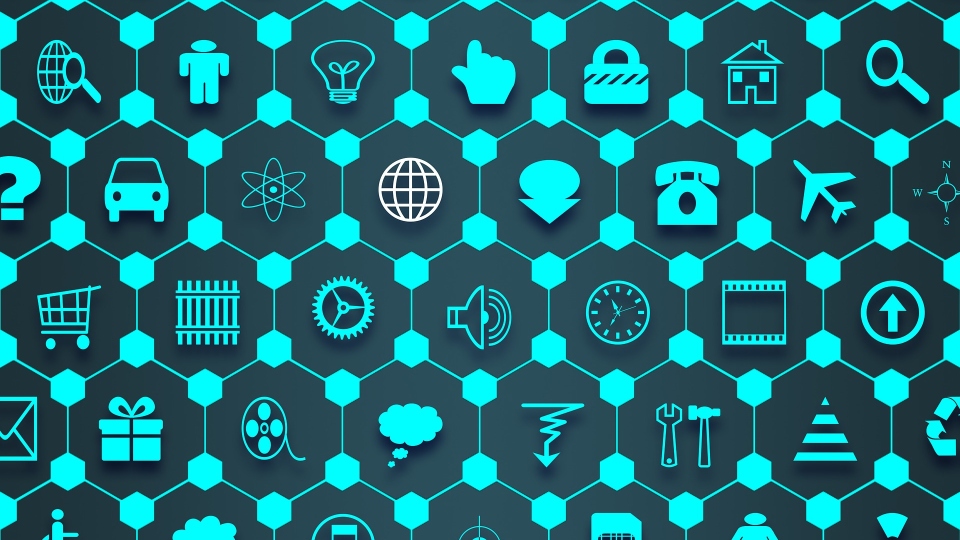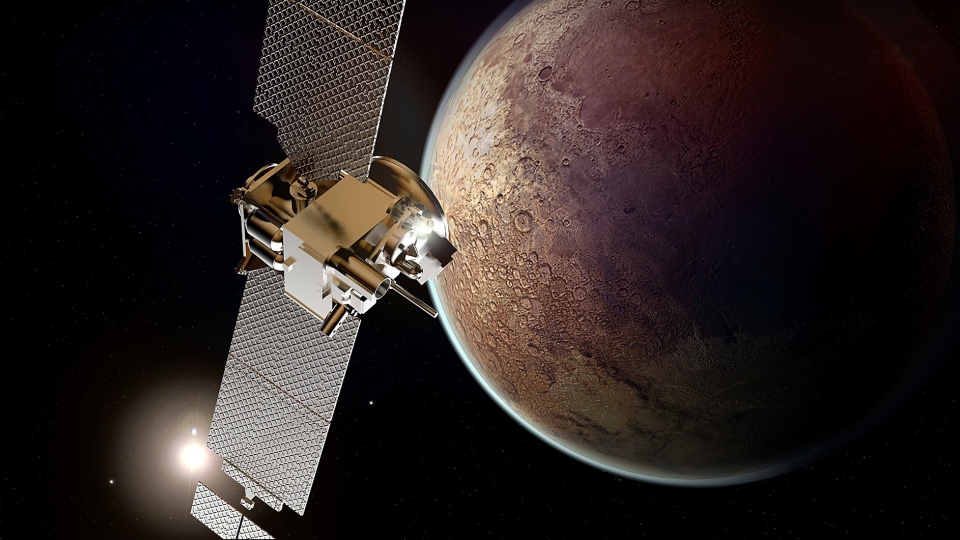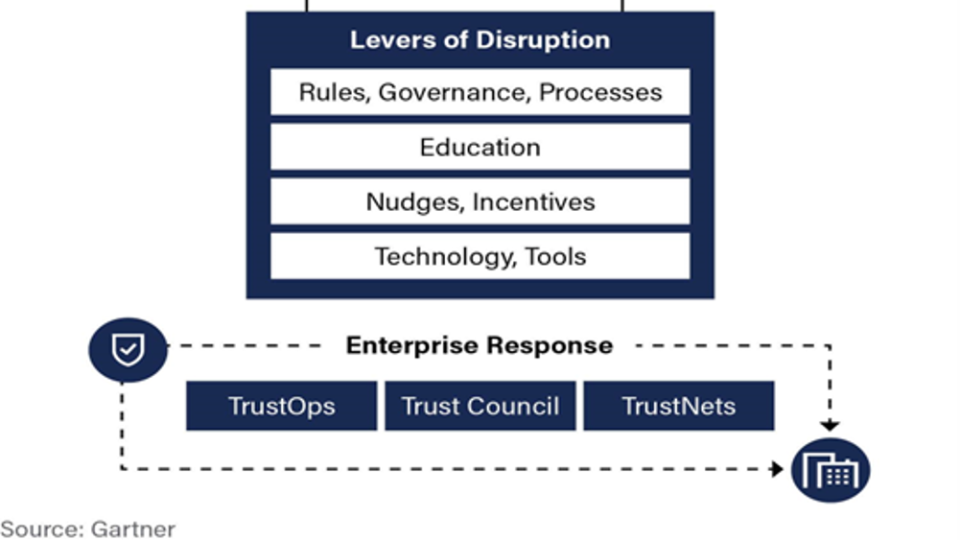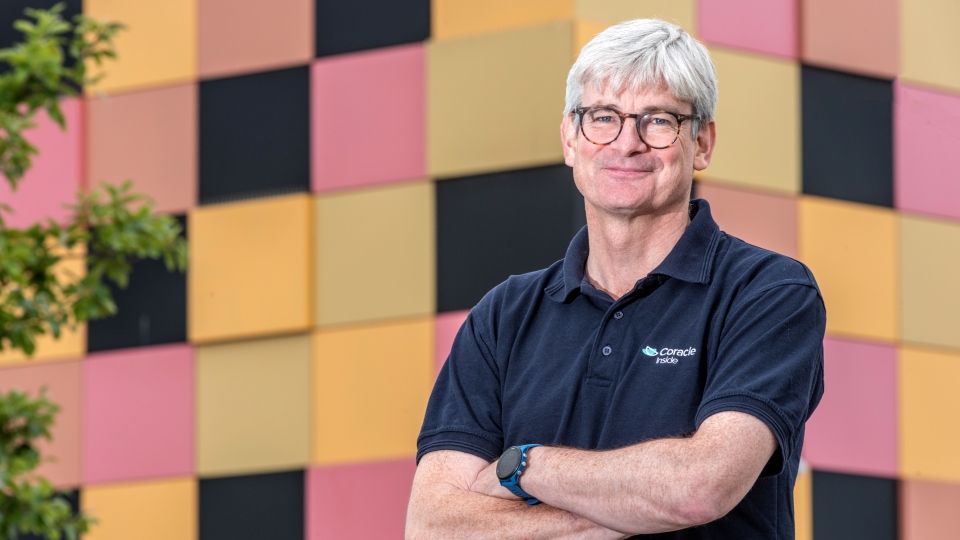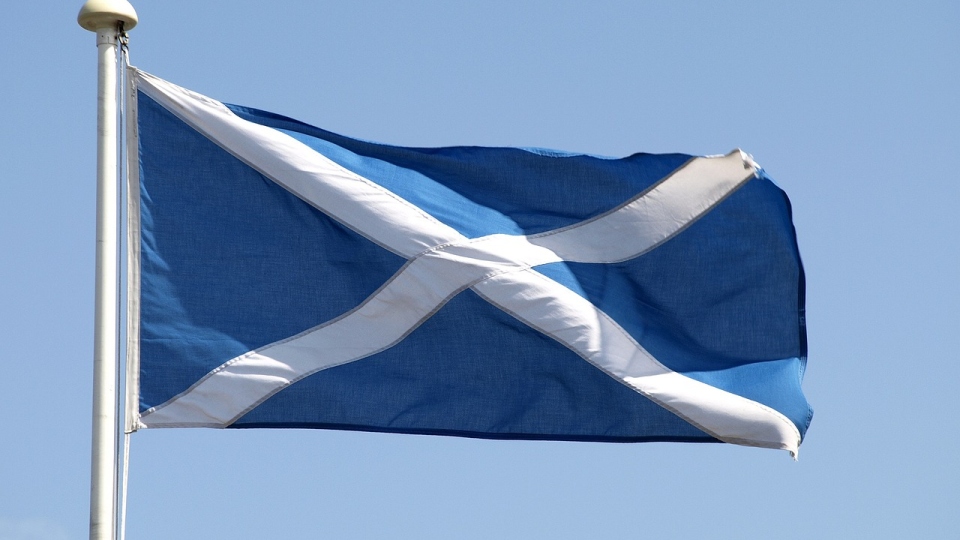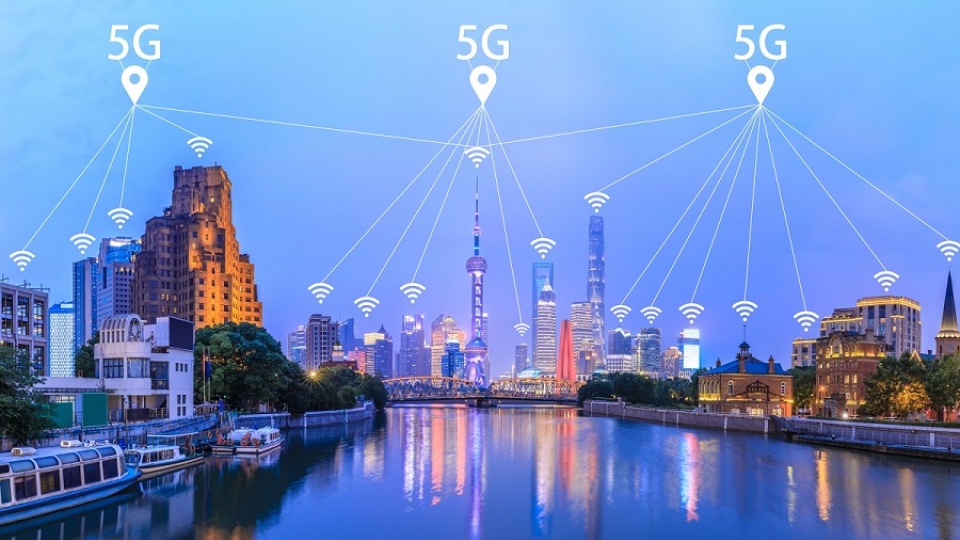
A union of companies made up of Idrica, Orange, Huawei and many other industry partners will work together by participating in the Spanish National 5G Plan, a pilot project in Valencia, Spain.
In the framework of this plan, a total of 15 pilot projects are being deployed in Valencia to apply the new 5G mobile technology in different sectors of the economy, including the consumption of water.
The project focuses on testing the connection of millions of devices via 5G to remotely read water consumption in real-time. Other participants include equipment and service providers like Arbórea Intellbird, CFZ Cobots, Etra Investigacion y Desarrollo, Visyon, Elewit and Robotnik.
The project, which is scheduled to last around 18 months, involves the remote reading of 30 meters of drinking water distributed in different locations on the UPV campus, Idrica said.
The 5G network will then be used to send intel directly to Idrica’s integrated management platform, GoAigua Smart Metering, a solution based on advanced analytics and algorithms, Idrica says. The results obtained will be used to draw conclusions about the capacity of 5G devices in the future, and their potential for detecting risks and emergencies.
"We want to test energy management and network ubiquity,” says Carlos Tejedor, smart metering and instrumentation specialist at Idrica. “We need excellent sensor communication performance if we are to open the door to future lines of work, where criticality is a key factor. Serious damage to infrastructure can depend on opening or closing a valve; we need communication to be reliable, robust and take a millisecond. To achieve this, we will be testing scenarios in which we are able to simulate millions of sensors in one point or in the same area, using different tools, to see if we are capable of managing them. Energy management is also part and parcel of this roadmap, as it is one of the milestones we want to test.”
5G technology is expected to be one of the driving forces behind digital transformation in the coming years, according to Tejedor. "The transition from 3G to 4G is only noticeable in the fact that we can now send videos and photos to our friends more quickly,” he adds. “By contrast, 5G opens a whole new range of opportunities, new lines of business and use cases that were not an option before. We believe that the scale of progress will be disruptive and revolutionary."


